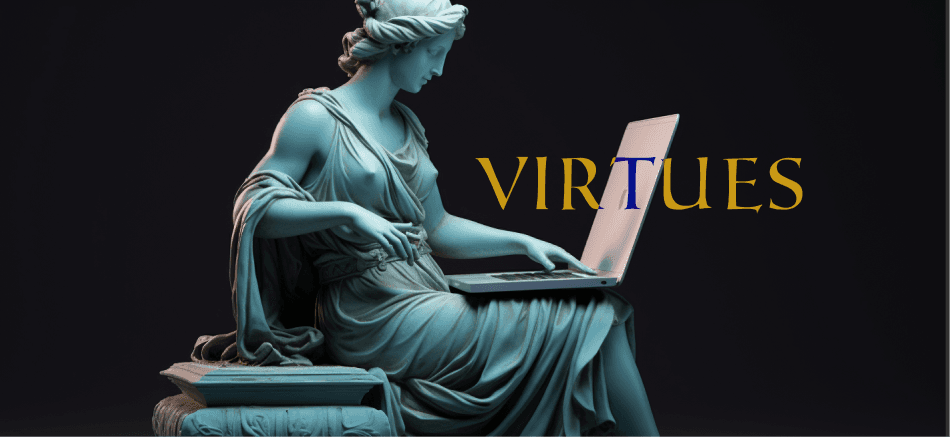Fear won't help you
What does help in a situation in which you are scared: training, courage, discipline, commitment and calm.
From all of the above, courage is held by the stoics as the most essential virtue.
2.82K
13.8K reads
CURATED FROM
IDEAS CURATED BY
The idea is part of this collection:
Learn more about personaldevelopment with this collection
How to choose the right music for different tasks
The benefits of listening to music while working
How music affects productivity
Related collections
Similar ideas to Fear won't help you
The Stoic Virtues
4 core virtues that Stoics believe are essential for living a good life:
- Wisdom: The ability to see the world clearly and to understand what is truly important. Stoics believe that wisdom is the foundation of all the other virtues.
- Courage: The...
YOU NEED HELP
No person in this world is independent. We all need each other to grow.
Find like-minded people that want the same thing as you, and by working together, you exchange information and learn things you may not know which will help you be the best version of yourself.
Fear of Feeling Stuck
You are able to rise above this fear. We all want to feel that we can be promoted and rewarded in a company.
Ask yourself: What does my boss’s boss want and need? How can I contribute with my skills, expertise and results?
Read & Learn
20x Faster
without
deepstash
with
deepstash
with
deepstash
Personalized microlearning
—
100+ Learning Journeys
—
Access to 200,000+ ideas
—
Access to the mobile app
—
Unlimited idea saving
—
—
Unlimited history
—
—
Unlimited listening to ideas
—
—
Downloading & offline access
—
—
Supercharge your mind with one idea per day
Enter your email and spend 1 minute every day to learn something new.
I agree to receive email updates


